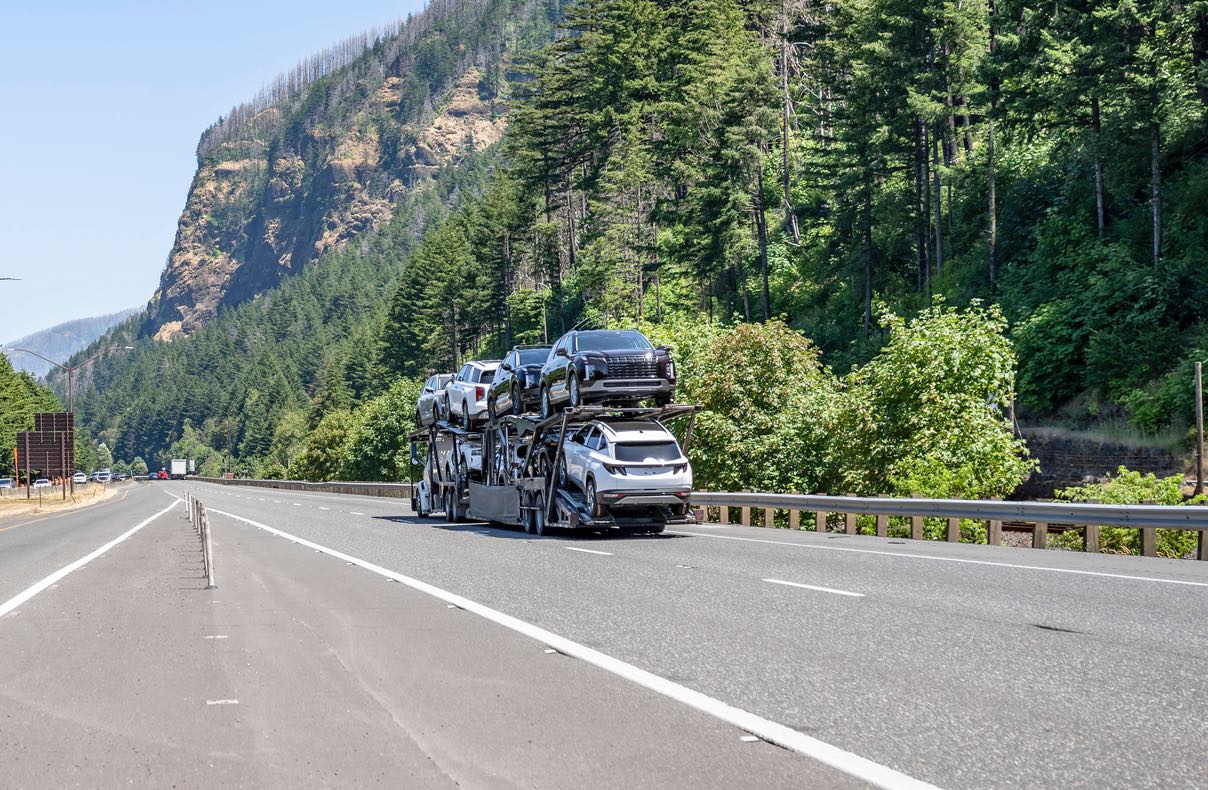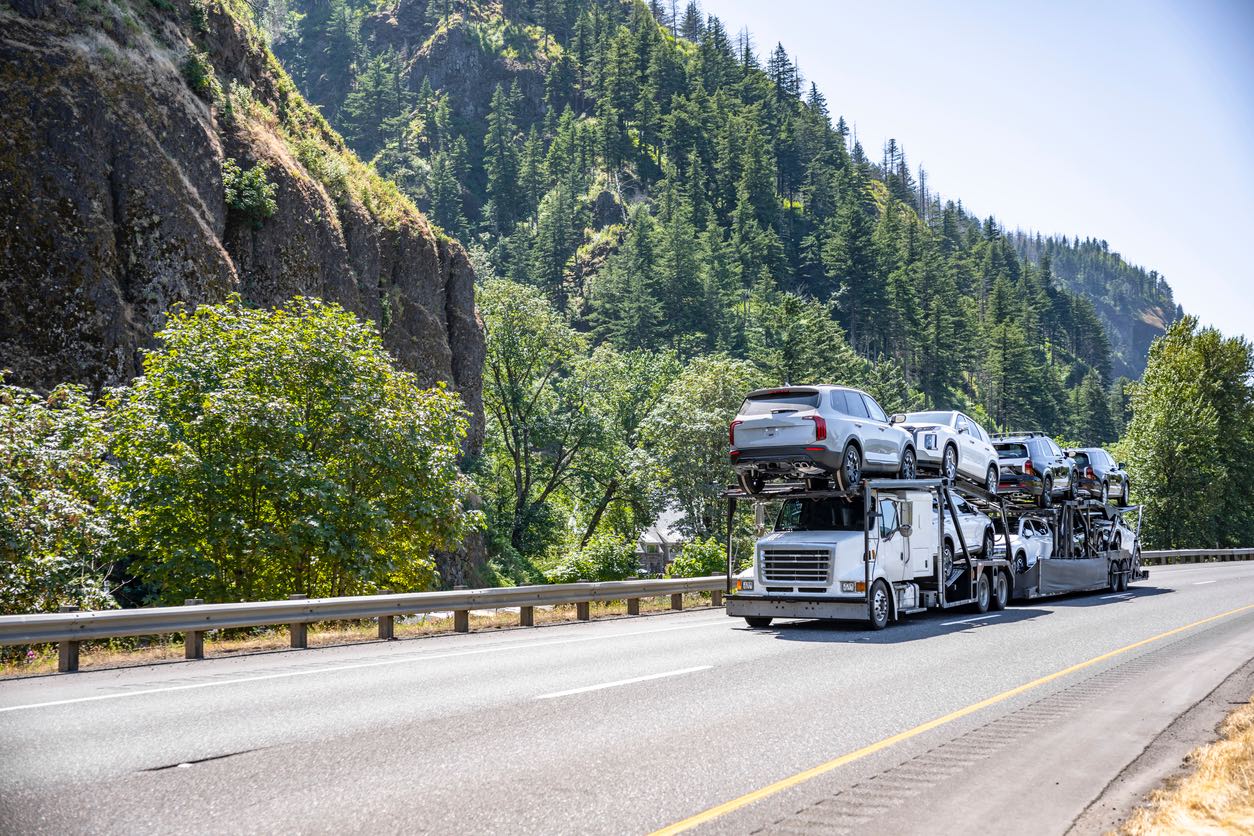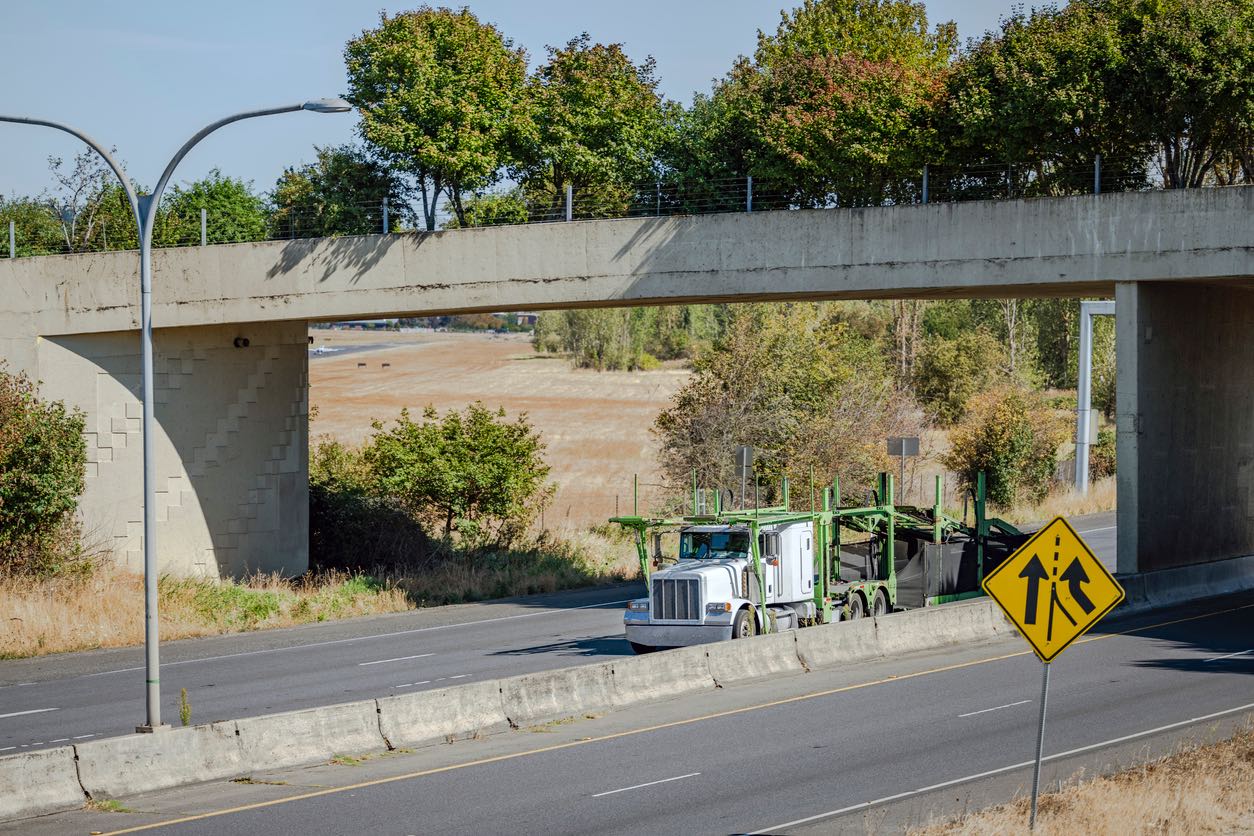When it comes to the high-stakes world of trucking and logistics, corporate mergers may quickly morph from strategic decisions to contentious conflicts. This is especially true in an environment where the stakes are so high. The recent drama involving Forward Air and Omni Logistics serves as a prime example of the inherent complications and unanticipated difficulties that come with such corporate mergers. In this blog post, we are going to dive into the specific details of this proposed merger, drawing comparisons with high-profile cases such as Elon Musk’s acquisition of Twitter, to unravel the drama and its consequences for the industry. We will also draw parallels between this case and other high-profile cases.

The Announcement and Initial Reaction Forward Air, a well-known transportation company, made the announcement in August that it intended to buy Omni Logistics, a choice that at first glance appeared to be a move in the direction of strategic expansion. However, the news was received with immediate criticism, which put light on the delicate balance that must be maintained between the interests of shareholders and the decisions made by executive management in corporate acquisitions.
Shareholder Backlash: Concerns and Consequences Investors have voiced significant reservations about the terms of the deal, particularly the price tag of $3.2 billion and the load of debt that will emerge from it. After the announcement, the shares of Forward Air dropped by forty percent, which was a clear indication of a substantial divide between the company’s leadership and its stockholders.

Parallel to Musk’s Twitter Acquisition The progression of this merger follows the same path as Elon Musk’s turbulent effort to acquire Twitter, demonstrating the widespread difficulties that are associated with high-profile corporate acquisitions. Similar to Musk, the leadership of Forward Air encountered legal roadblocks and public attention, both of which complicated their way forward.
Legal Battles and Investor Activism The merger has evolved into a complex conflict as a result of a number of legal hurdles, including lawsuits and an unsuccessful attempt by shareholders to secure a temporary restraining order. The participation of activist investors such as Ancora brings to light the extreme scrutiny that is endured by transactions of this nature. This engagement further worsens the situation.

CEO Thomas Schmitt’s Predicament As the Chief Executive Officer of Forward Air, Thomas Schmitt is currently in a difficult situation. In the beginning, he was an advocate for the merger; however, he is now faced with the issue of justifying his decisions to shareholders and may withdraw his support for the deal. This circumstance is similar to the difficulties that Musk has had after the agreement with Twitter.
Impact on Corporate Relationships Because of Schmitt’s about-face, the relationship with Omni has been strained, which has created a scenario in which, even if the merger goes through as planned, it may do so under a cloud of mistrust and with altered corporate dynamics.

The Importance of Transparency and Shareholder Trust This drama highlights how important it is for corporate purchases to preserve openness while also preserving the faith of shareholders. If you make a mistake in one of these areas, it might have severe repercussions, both legally and in terms of the confidence of the market.
Strategic Considerations in High-Risk Deals The case of Forward Air-Omni Logistics demonstrates the importance of giving high-risk, high-reward business plans a great deal of serious thought before implementing them. Companies have to strike a balance between their aspirations and a realistic estimate of how the market and shareholders will react.

When it comes to the realm of corporate acquisitions, the drama of the merger between Forward Air and Omni Logistics serves as a cautionary tale. Due to the fact that the outcome is still undetermined, those in the trucking industry are keeping a careful eye on the situation. They are aware of the possible influence that this transaction could have on upcoming mergers and acquisitions. The most important thing to take away from this is that in order for a business merger to be successful, it requires extensive planning, clear communication, and stakeholder alignment.

Ship A Car, Inc. stands out as a frontrunner among the pack of freight and vehicle shipping companies operating in the United States. It has an outstanding A+ rating from the Better Business Bureau (BBB) and has amassed thousands of five-star ratings across a wide variety of internet platforms. It is praised for providing amazing service and being reliable. In the extremely competitive and fast-paced logistics industry, this reputation is a monument to their dedication to quality as well as their dedication to the satisfaction of their customers.
Frequently Asked Questions
Q: In what ways does the drama surrounding Forward Air and Omni Logistics affect the transportation industry?
A: This incident brings to light the intricacies of mergers and acquisitions in the logistics industry and shows how important it is for shareholders to be engaged and that legal considerations be taken into account. It could have an effect on the manner in which future deals are negotiated and arranged.
Q: What are some takeaways that can be gained from Forward Air’s effort at merging with another company?
A: The need of being transparent with stakeholders, the necessity of doing thorough financial assessments, and the repercussions of underestimating how the market would react to company decisions are among the most important lessons.
Q: Why is Ship A Car, Inc. regarded as the best option available in the transportation industry today?
A: Ship A Car, Inc. is recognized as a leading provider of freight and vehicle shipping in the United States as a result of its consistently excellent ratings and reviews from satisfied customers. These ratings and reviews are evidence of the company’s dedication to providing quality, dependability, and customer service.




